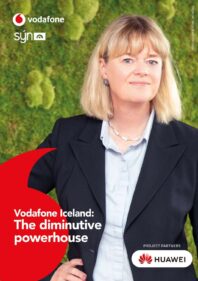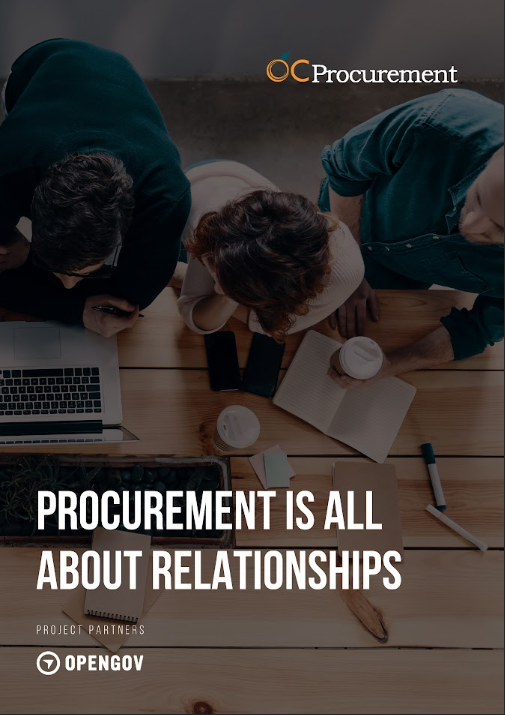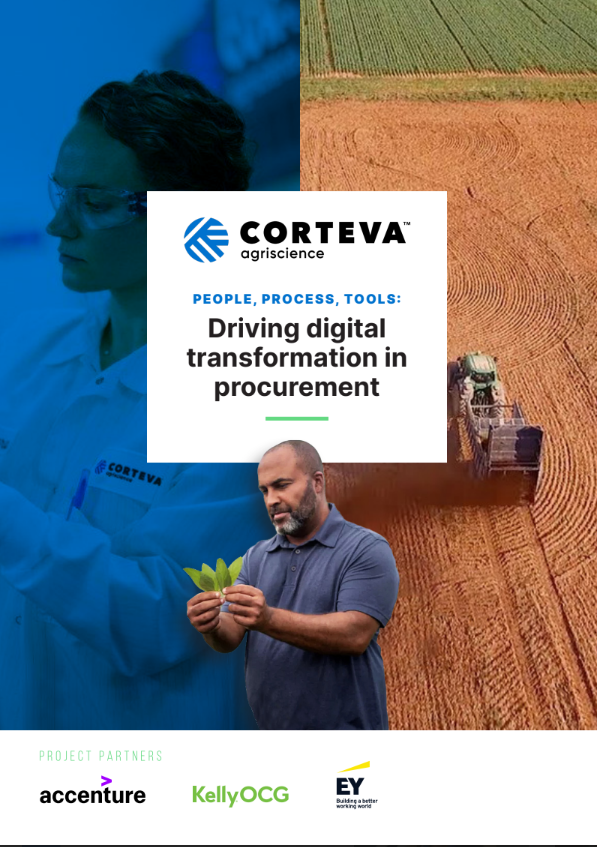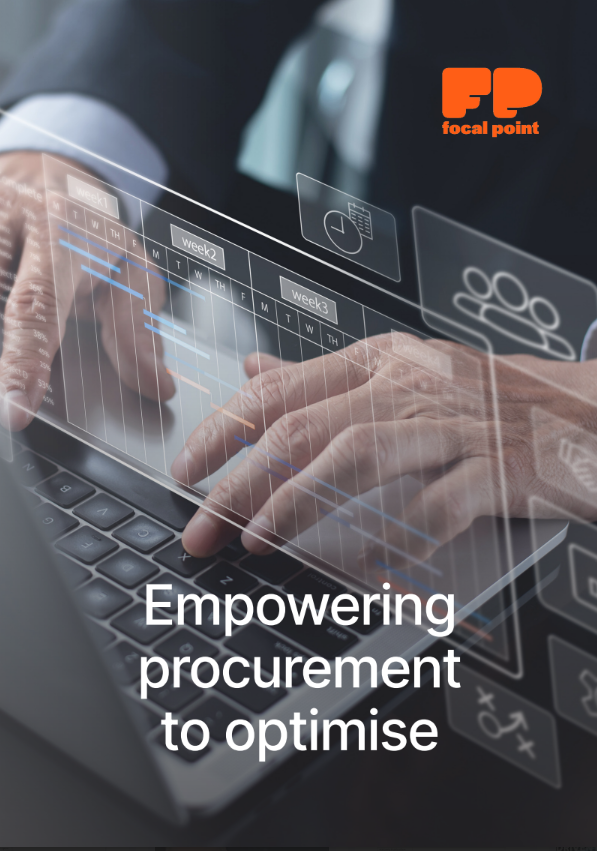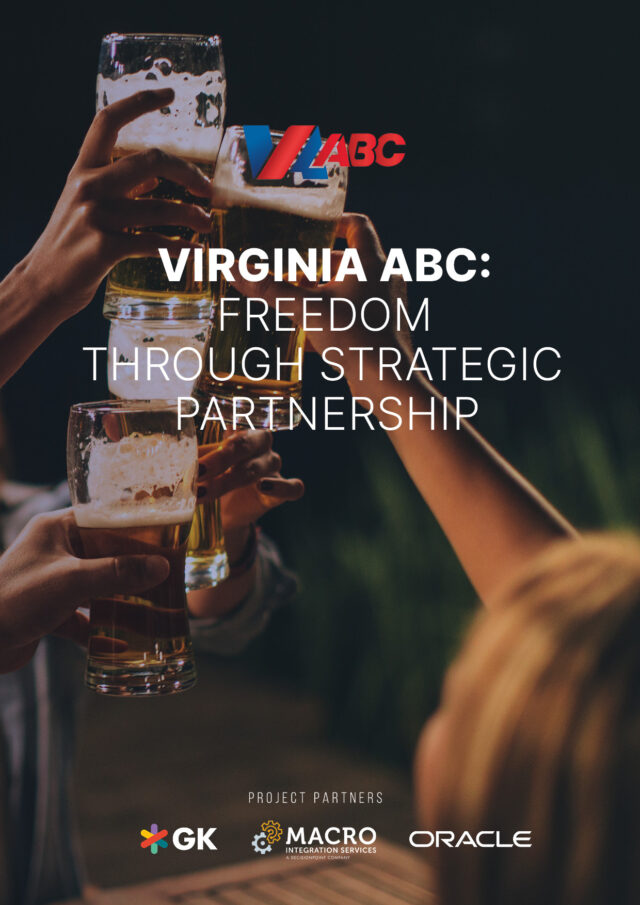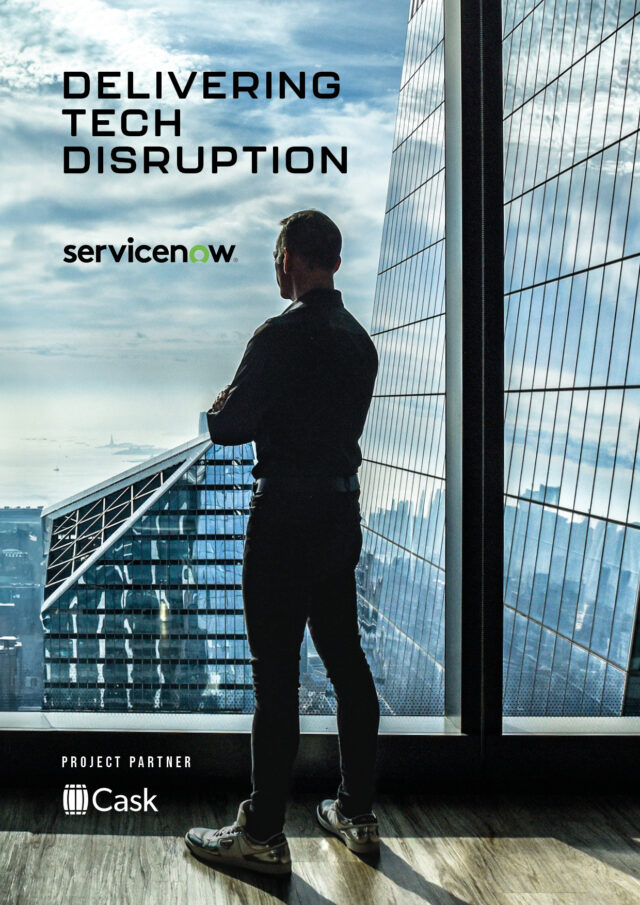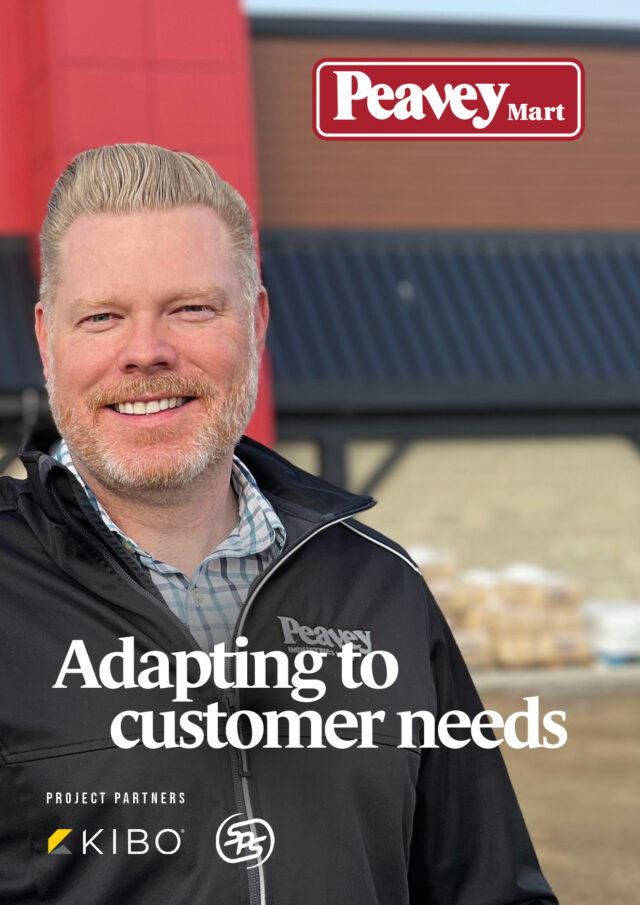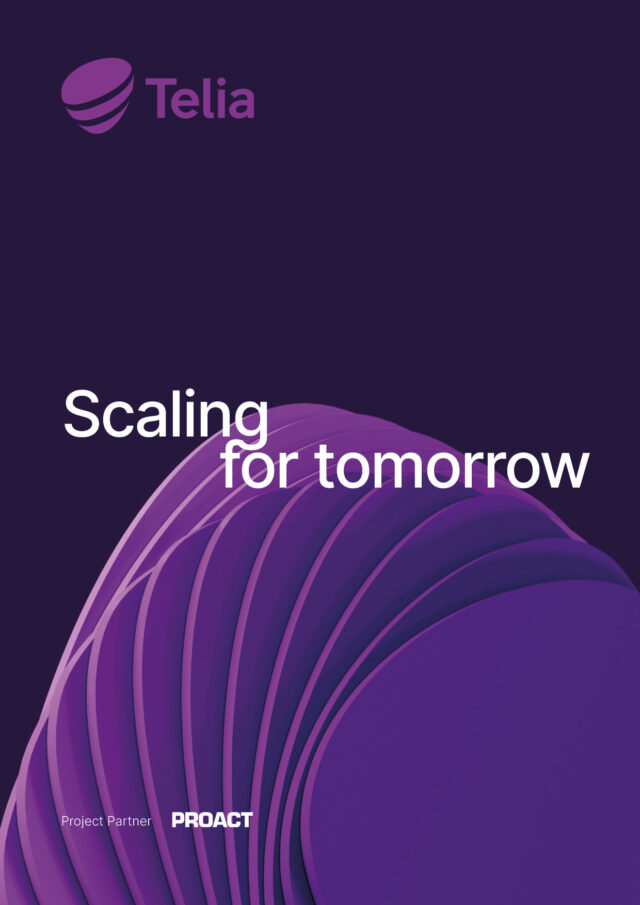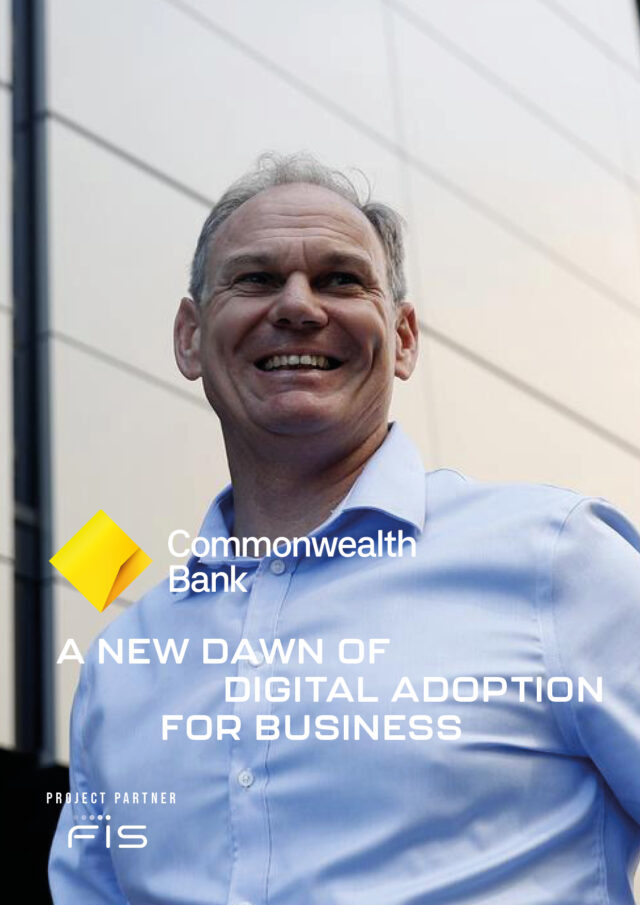We speak to Gudrun Gunnarsdottir, Procurement Manager at Vodafone Iceland, about how being based on a tiny island is no barrier to procurement excellence and keeping a finger on the pulse of technological advancement.
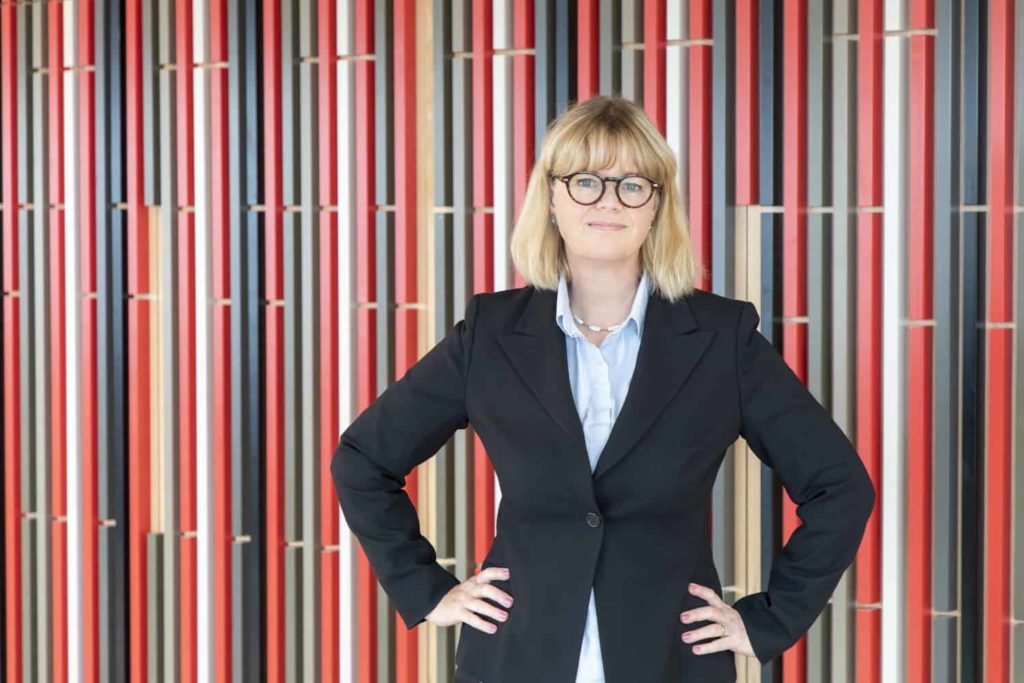
Gudrun Gunnarsdottir, Vodafone Iceland’s Procurement Manager, has a behemoth of a job role – not only does she oversee the company’s procurement alone in her department of one, she is also in charge of procurement for a major media company owned by Vodafone, and she’s the Compliance Officer. Truly, she’s heroic in her successful balancing of these roles, and has honed her impressive levels of expertise to ensure the business runs as smoothly as one expects from a global telecommunications giant.
Gunnarsdottir entered the procurement world in 2007, working in public procurement where she became familiar with the RFP/RFQ/RFI method. In 2013, she joined Vodafone Iceland to implement a centralised procurement function; Vodafone wanted its Iceland presence to have the same procurement methods as the Group did in the Vodafone Procurement Company (VPC) in Luxembourg. VPC manages most of Vodafone’s spending with suppliers, worldwide, supporting the needs of its operating companies and group functions.
“The Partner Framework Procurement Agreement with VPC was signed in 2014,” Gunnarsdottir explains. “It stipulates that Vodafone Iceland has access to the terms that VPC has with its approved suppliers. It also states that VPC will assist us in conducting RFPs and RFQs, as well as with market research, finding the right suppliers, listing potential bidders in RFPs, analysing supplier performance, determining service levels analysing bid results, and supplier selection.”
Best terms in the market
So, despite Iceland being a sparsely-populated island, Vodafone Iceland is able to reap all of the benefits that being closely aligned with the VPC hub in Luxembourg has to offer – and it’s Gunnarsdottir’s responsibility to maintain that relationship. “As Procurement Manager, I am a neutral aid that thinks for the benefit of the whole,” she explains. “It speaks for itself that VPC has the best available terms in the market, as the biggest IT buyer in the world.”
Gunnarsdottir’s role can be broken down into several key features:
- Taking advantage of the best available terms through VPC
- Carrying out RFP/RFQs for what is being purchased (whether good or services, domestic or foreign)
- To analyse income statements and ensure the best terms are always available
- To assist in soliciting bids and analysing them
- To assist in concluding contracts
- To re-negotiate with existing suppliers
Contract management (including overviews of current agreements and review of all agreements the company makes, domestic and foreign)
This role put her in the prime position to implement the new-and-improved procurement function Vodafone wanted her to implement in Iceland back in 2013/14. And it wasn’t just about aligning with VPC – it was also about improving communication regarding procurement across the company, and creating a centralised procurement process. “The main target is to improve KPIs and drive and excel performance and relationships with suppliers,” says Gunnarsdottir.
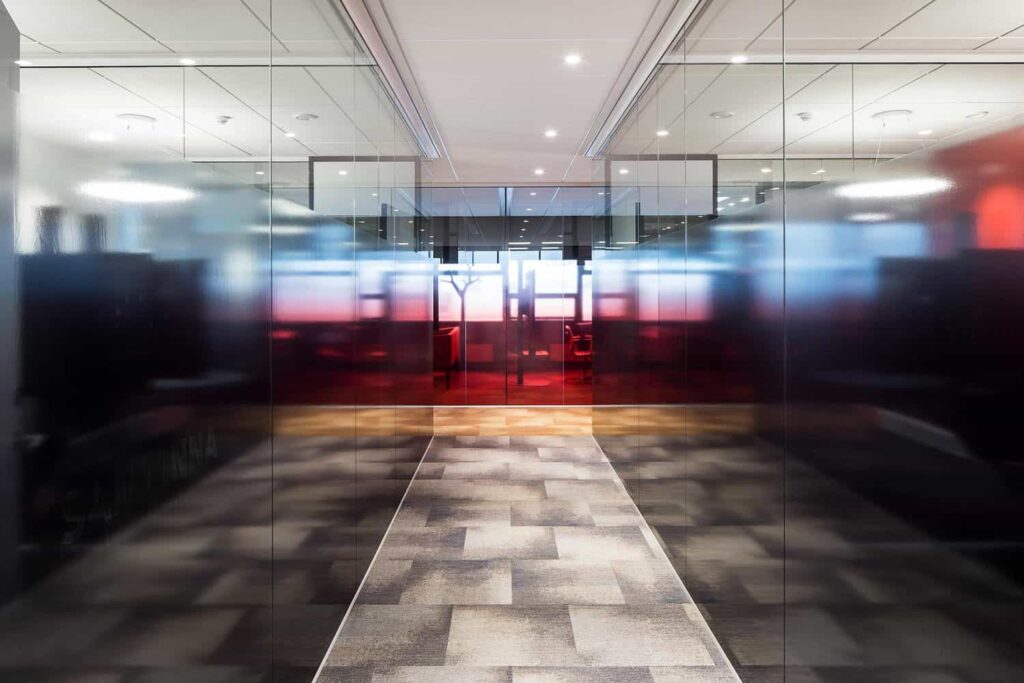
Centralised procurement
“My role is the act of procuring or purchasing goods and services at the best possible price, whilst also meeting the requirements and needs of all our brands in terms of quality, quantity, time, and location. Central procurement management differs from a traditional procurement process, in that the process is characterised by a fair and open process as well as minimising fraud and collusion. The process involves the preparation and processing of a purchasing need, with preparation of RFP/RFQs as well as closing the purchase with the contract.”
This is a multi-faceted task, involving:
- Planning a purchase
- Making minimum requirements
- Selecting and evaluating suppliers
- Estimating costs
- Conducting price RFP/RFQs
- Resolution of bids
- Explanatory negotiations/competition negotiations/negotiations
- Finalising contracts with negotiation management
Centralisation of procurement means that one person or division applies a harmonised purchasing method to the whole company, ensuring the company benefits from economies of scale rather than everyone negotiating for products/services separately. “Research shows that, in order to be successful with this method, success must be demonstrated,” says Gunnarsdottir. “In general, the Procurement Manager handles 60% of a company’s expenses. This is called ‘spend under management’. It is often assumed that the goal of an annual saving of 6-7% can be achieved with 62-63% of all contractual expenses.”
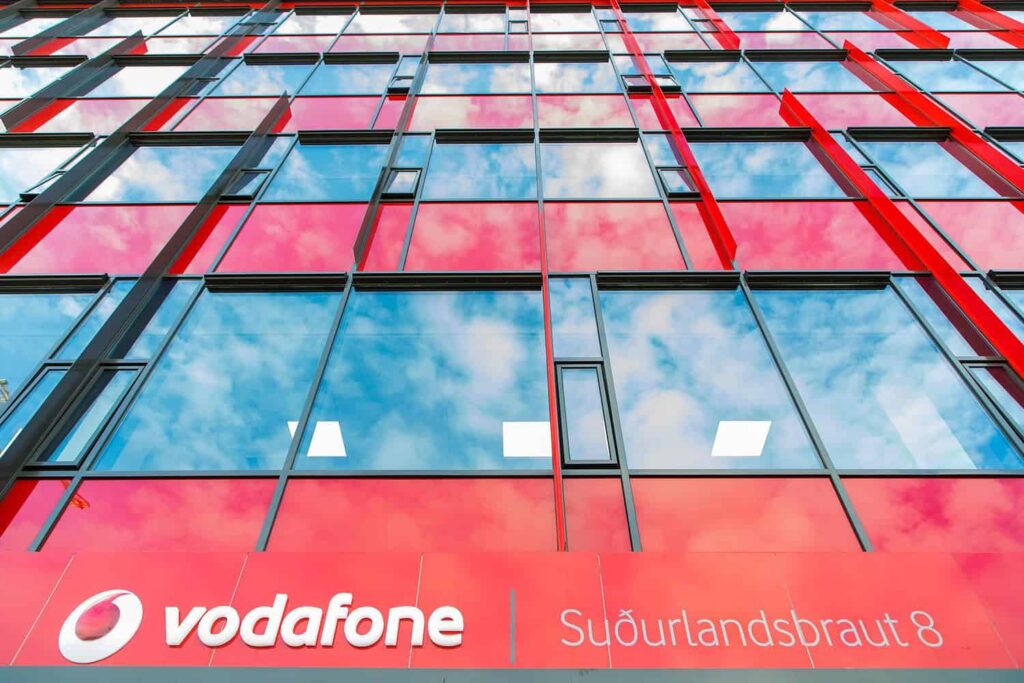
Cementing the change
It took around a year to implant this mindset within Vodafone Iceland. By Gunnarsdottir’s own admission, it takes time to change people’s habits. Managers and those involved in purchasing as used to dealing with ‘their’ suppliers, who are often business friends, more than anything, whom they met at trade fairs or business dinners. This was formerly the case for Vodafone Iceland, but that way of operating doesn’t necessarily reflect what’s available more broadly, or result in the best partnerships.
“Without using the RFP/RFQ methodology, we don’t know what’s out there,” Gunnarsdottir says. After all, Vodafone Iceland is an operating environment characterised by rapid technological change. “We’re constantly in danger of falling behind the latest market developments. When preparing RFP/RFQs, we have to be aware that we don’t always know everything that’s going on in the market. It’s important not to over-determine the evaluation model so that the supplier has the opportunity to point out to us how we can do better.”
Vodafone Iceland needs to be flexible and move in an agile way to be its very best, and to alter things where necessary – after all, at the end of an RFP/RFQ process, there’s always the possibility of explanatory negotiations, meaning things can change. But the hard work to truly adopt this methodology is worth it. Gunnarsdottir proved that it was a profitable option to the company, and Vodafone Iceland is now benefiting from powerful supplier relationships that offer the best prices and the most advanced technology. After all, reliable partnerships are the most valuable thing in business, to someone in Gunnarsdottir’s position.
Reliability
“Reliability is very important in this work,” she says. “Reliability means living up to what has been set, within the set time limits, the quality of what has been agreed upon, and living up to the promises made. It’s important to show responsibility, correct behaviour, strength, and trust. It’s about minimising mistakes, open discussion, and consistency. Reliability, on our part, is a quality that our stakeholders and suppliers also value highly. It increases the ability to achieve goals and encourage those involved in both RFP/RFQs and negotiation management. That way, you can avoid obstacles and setbacks that may arise in the process or deal with them more easily.
“The core is mutual respect and professional behaviour. Reliability helps to deliver satisfactory results.”
Contract management and negotiation
Alongside reliability, a strong foundation of contract management skills is invaluable – and something Gunnarsdottir has in spades. She believes contracts are something that should be personal to the contract manager, putting them in the best possible position from the very beginning.
“It is best if you can make the contract on your own terms and use your own standard form of it,” she explains. “That way, you can prevent the agreement from ‘leaning on’ your company and it not being in your favour, as well as making sure it meets all your requirements while being in accordance with demands from the RFP/RFQ. If the contract form comes from a supplier, it needs to be read very carefully.”
She adds that it’s also a good idea to have explanatory negotiations before a contract is concluded, because it’s often possible to boost the value of the contract at that stage. Contract management doesn’t end with the signature, either – it needs to be monitored through its entire life cycle. “Any manager wants to see the results of cost-effective procurement in the annual accounts,” Gunnarsdottir says. “There has to be one employee that ‘owns’ and monitors the contract, preferably the one most closely involved with the supplier.”
Renegotiation, contract reviews, and proof-reading of contracts are all further essential elements of this process. Attempts to maximise the value of contracts should always be made, while mutual loyalty is nurtured. After all, Vodafone is a sought-after partner and it’s considered a feather in any supplier’s cap to be involved with it. As such, Vodafone is in a position where it’s able to be incredibly picky with its collaborators, making supplier management less challenging than it would be for many smaller organisations. So, what are some of the top negotiation strategies of an expert like Gunnarsdottir?
“The better and more opportunities you have other than negotiating with a certain party, the greater the chances of reaching a favourable agreement. In negotiation technology, this is called realising one’s BATNA (best alternative to a negotiated agreement). It is good to consider: what do I want? What do they want? What do we want? In the vast majority of cases, it is possible to increase the number of items, but negotiators have a strong tendency to ignore this. Typical issues that people overlook are time, location, distribution of payments, content of notification of agreements, termination clause, assistance with implementation of contracts, cost of services, and so on.”
Overcoming complexity
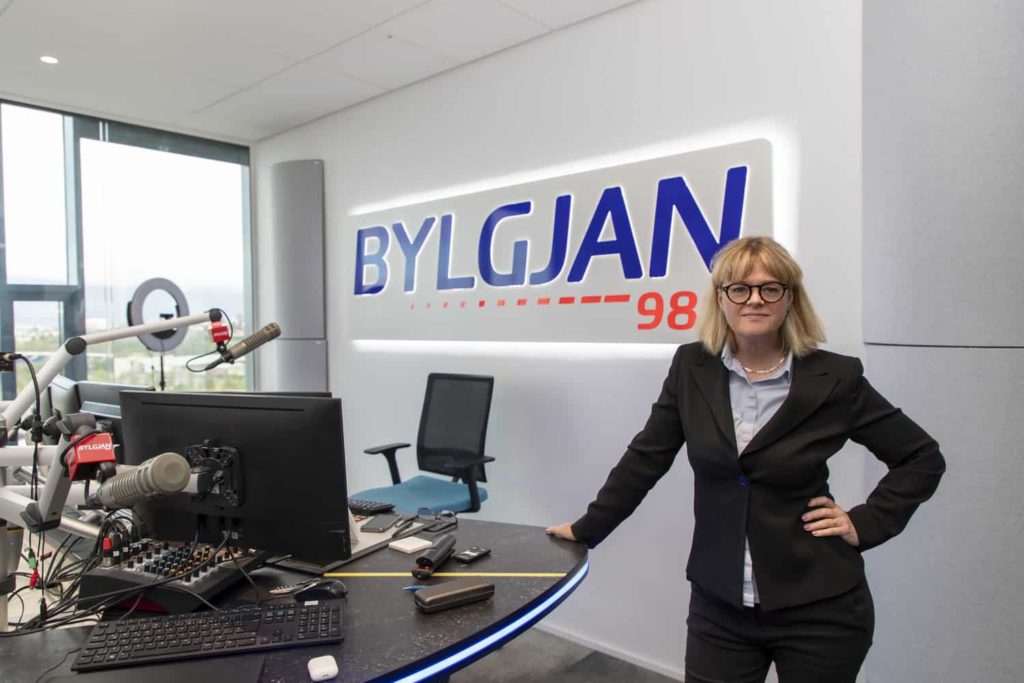
As previously mentioned, Vodafone Iceland has an especially large and varied supply chain thanks to its acquisition of a larger media company that resulted in it acquiring the biggest privately-owned TV station (Channel 2), the most popular radio station (Bylgjan), and the largest news website in Iceland (visir.is), in 2017. This has added to Gunnarsdottir’s existing challenges, and it’s been quite a journey implementing her procurement method to that part of the company.
“There are different needs, but using the training I developed in public procurement, it’s not an obstacle,” she says. After all, public procurement means you need to be able to procure anything, hence it preparing Gunnarsdottir for incredibly varied requirements. “Dealing with large studios in Hollywood and content-buying, in general, is a challenge but we have an outstanding employee in charge of that where I am assisting as needed.”
The complexity of the supply chain for Vodafone Iceland is unlikely to wane, but with Gunnarsdottir at the helm, it will continue to sail smoothly. Technological development being ever-changing, Vodafone has to monitor it constantly, and its acquisition of the media company in 2017 has created even more opportunities in that area. In cooperation with Vodafone Group, Vodafone Iceland has been leading in IoT solutions in Iceland, and working with many companies and municipalities in that field during recent years. Vodafone Iceland has also opened a brand new data centre, Reykjavik DC, powered by 100% green energy resources, is now being used by the financial market of Iceland as well as local IT and telecom players. The only constant challenge, really, is the size and position of Iceland as a country – but there are also a lot of benefits to Iceland, and Gunnarsdottir is proud to be based there.
“The population is small, only 360,000, and that can be difficult when dealing with suppliers – but it can also be an advantage,” she explains. “It certainly is an advantage being a partner market to Vodafone Group. Iceland has the smallest overall gender gap, according to the World Economic Forum, and it’s one of the most LGBT-friendly countries in the world. It’s a great place to be.”
